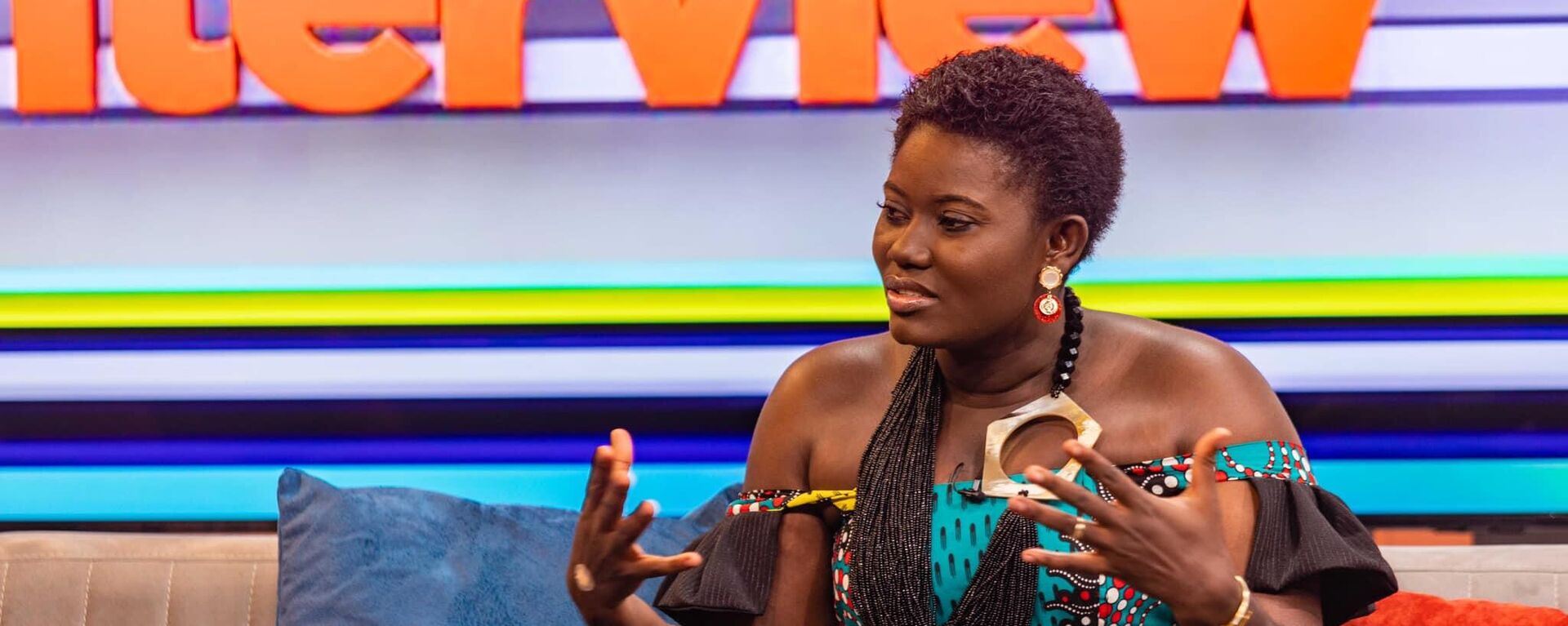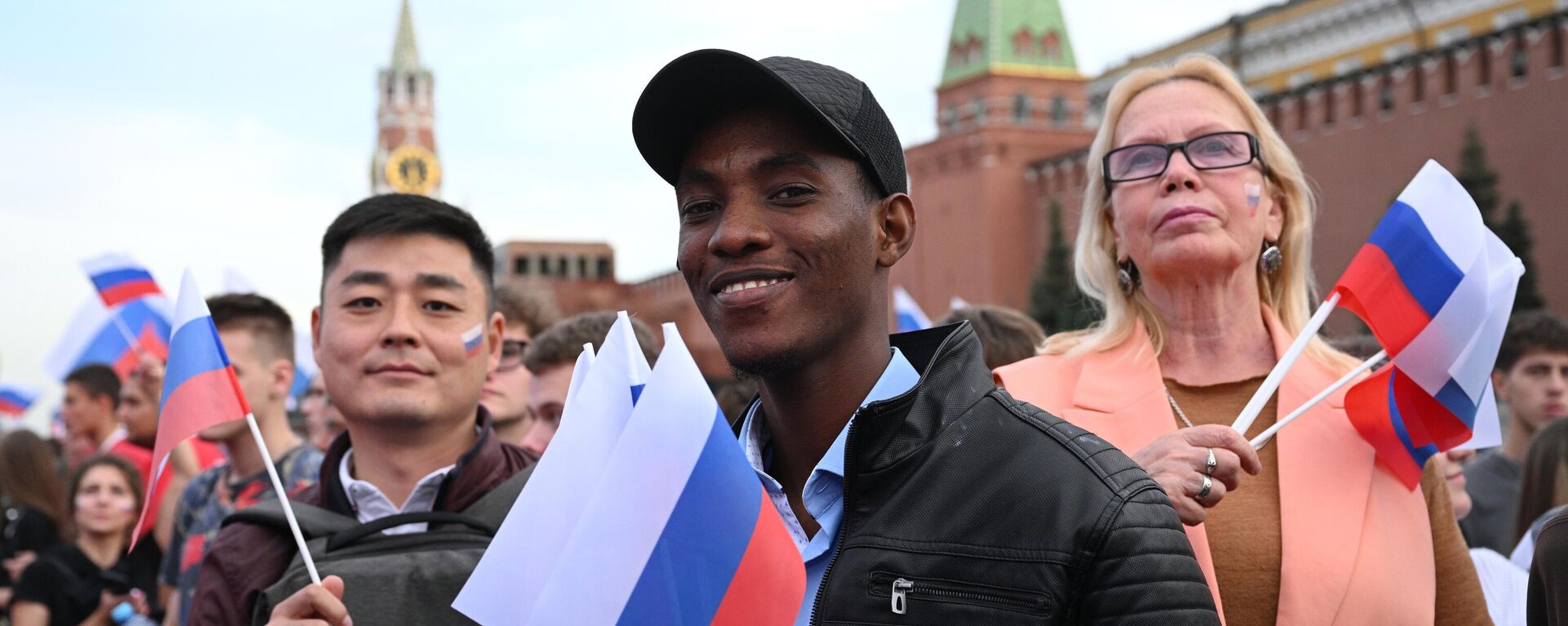'More Similar Than Different': Celebrating World Day for African and Afrodescendant Culture
17:54 24.01.2024 (Updated: 10:22 25.04.2024)

© AP Photo / Sunday Alamba
Subscribe
January 24 is the World Day for African and Afrodescendant Culture. The day celebrates the many vibrant cultures of the African continent and the African diaspora around the world, and reinforces UNESCO's mandate to promote respect for cultural diversity and human creativity throughout the globe.
As the world commemorates the World Day for African and Afrodescendant Culture on January 24, Sputnik Africa engaged in a dialogue with Dr. Masamba Kah, Deputy Chairman of the Culture Committee of the Union of African Diaspora in Russia. The discussion centered on the significance of preserving African culture and how it is perceived in Russia.
"I think Africa has extremely unique social structures because of its, first of all, geography, landscape and weather conditions," Dr. Kah told Sputnik Africa.
Commenting on the concept of culture in Western and African contexts, Dr. Kah articulated a perspective that celebrates Africa as the cradle of essential cultural practices.
He drew attention to the origins of valuable cultural practices, particularly in tool production and environmental adaptation, and traced their roots to Africa.
"The difference between a European and African culture in this context, is the timeline, things that European cultures adopted originated in Africa much earlier," he said. "If you compare the two, maybe you can see that they are different, but in the sense they are just evolution of the same."
Regarding UNESCO's designation of January 24 as the World Day for African and Afrodescendant Culture, Dr. Kah highlighted the intrinsic value of African culture as a unifying force.
"It is the recognition that we are to a greater degree more similar than different, and Africa is something that unites us all in the cultural sense," he said.
Kah also articulated the potential of recognizing common cultural origins as a catalyst for addressing broader societal issues and fostering mutual understanding among members of the international community.
Impact of the African Diaspora
The representative of the Union of African Diaspora in Russia further delved into the profound impact of the African diaspora on the preservation and promotion of African culture, the need to overcome stereotypes, and the perception of African culture outside the African continent.
Addressing the influence of the African diaspora on cultural preservation, Dr. Kah emphasized its role as a catalyst for the promotion of African culture globally. He underscored how the diaspora serves as a gateway for individuals to connect with African culture, delve into its intricacies, and ultimately foster a deeper understanding of the continent's diverse ethnic groups and cultural facets.
"The African diaspora is a vehicle that drives the culture forward. It's the first instance where people can introduce themselves and acquaint themselves with the African culture," he stated.
Dr. Kah emphasized the need to dispel stereotypes through first-hand experience and encouraged individuals to form their own perspectives by engaging directly with African cultural elements.
He shed light on the perception of African culture in Russia, where he has been living for a while, portraying a nuanced picture of cultural appreciation and mutual understanding.
"There are a lot of similarities between the cultures here and in Africa. One thing I can say about Russia as a culture in the sense of appreciating African culture, and this is what I heard from an African. What they said is that Russian culture, in their opinion, is one of the most, if not the most, accepting cultures," he said. "Russia and Africa have probably the warmest of the relations between each other, by passing the stereotypes of the core level of cultural essence. In my opinion, they are very similar in terms of, first of all, simple fundamental human values."
Touching upon the profound importance of preserving and promoting African cultures on a global scale, Dr. Kah emphasized the vital role of the international community in cherishing, studying, and showcasing the common heritage shared with Africa.
He likened the heritage of Africa to the essence of humanity's origins, and underscored the need for the international community to recognize and celebrate Africa as a global treasure.
"I think now Africa is the continent that is rapidly developing, so we're yet to hear about the way Africa will present itself to our global community," Dr. Kah concluded. "The more attuned and aware and educated are about the continent, the more fruitful will be the relationship with the global leader of the future."



